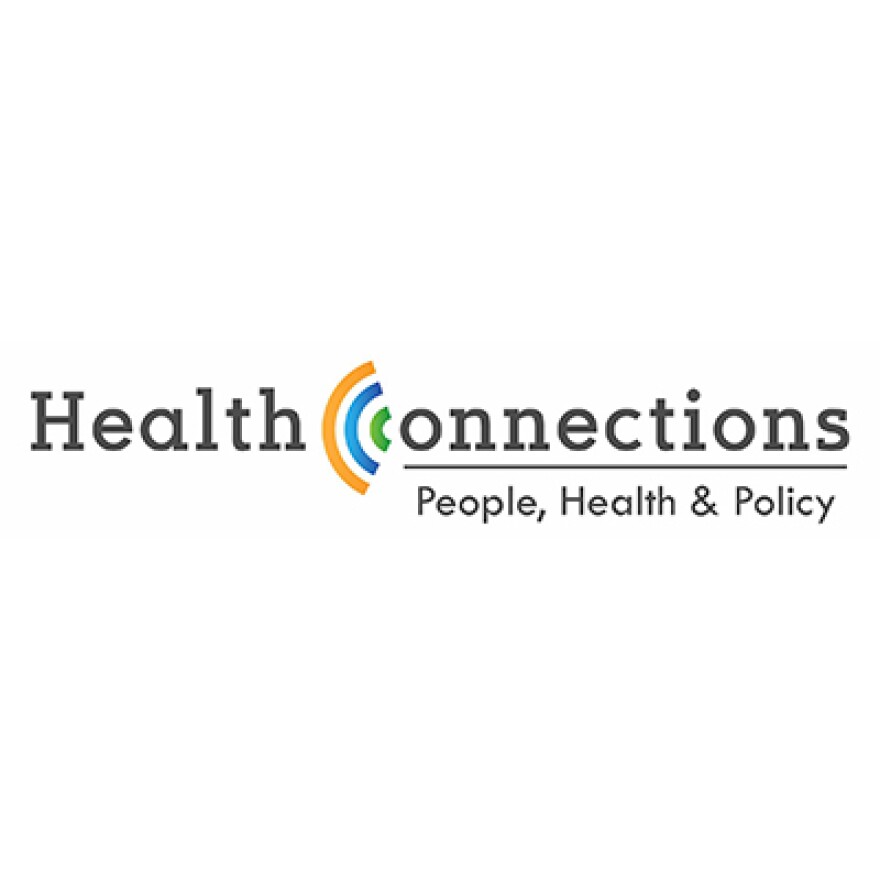WUOT’s Carole Myers: When you vote, you influence policy decisions that affect individual and population health outcomes. Marilyn, I'm delighted that you're here today. Thank you. Many people may be unfamiliar with the idea that voting and health are related. Help us understand the connection.
Marilyn Finley: Well, first of all, I'd like people to understand that Tennessee is not the healthiest place in the world. It actually ranks 44th. The United States itself, even though we spend a tremendous amount, about twice as much as peer nations, we have a life expectancy three years shorter. Staying healthy depends on a lot more things than what we do in our genetics. It can depend on things out of our control, like the environment or safety conditions, and whether you're close to have or access to health care, or whether you can pay for it, and all of these factors are in some ways regulated by our laws. I think a lot of people think health care is really more associated with other things, that it's not associated necessarily with governments. Well, it should be.
Well, you've made the point that health outcomes are relatively low in Tennessee. So is voter participation. What are the implications of this dubious distinction of having such poor turnout?
Tennessee ranks very low in voter turnout at 38%. It was the lowest in the nation in the 2022 midterms. For the 2020 presidential election, it was five from the bottom. So we're not really doing very well in voting. And what are the outcomes of that? Why does that matter? Well, I don't think you'd need to be a healthcare legislation expert, but you really don't have to be to see what things are affected. For instance, TennCare covers or doesn't cover things is certainly a healthcare as well as a financial concern for Tennesseans. Many issues, like the closures of rural hospitals, require our governments to be involved in complex issues. Not surprisingly, they're both good and bad legislation that happens in Tennessee. Some examples of good ones, telemedicine and mental health coverage being expanded by requiring TennCare to cover mental health services as well as the same rate as alcoholism and drug dependencies. But I am concerned, and I think many people are that Tennessee made the decision not to expand Medicaid here.
We're talking about low voter participation, and we're talking about a relatively low health status. What do you want our listeners to do?
We at the League of Women Voters always encourage people to vote in every election. People have a tendency to show up for presidential elections, and sometimes they don't even know what's happening down ballot or the other issues. So learn your ballot and be prepared to vote for everything, but also vote in every election, because there's a lot that happens locally.
So Marilyn, you talk about people voting so they can influence policy decisions. And it seems almost too simple, because we have a case in Tennessee where what the voters are in favor of, including Medicaid expansion, we get no movement from our Tennessee General Assembly. How do we change that?
You have to vote local. You have to keep changing your representatives. You have to really demand that they represent you.
This transcript has been lightly edited for content.




